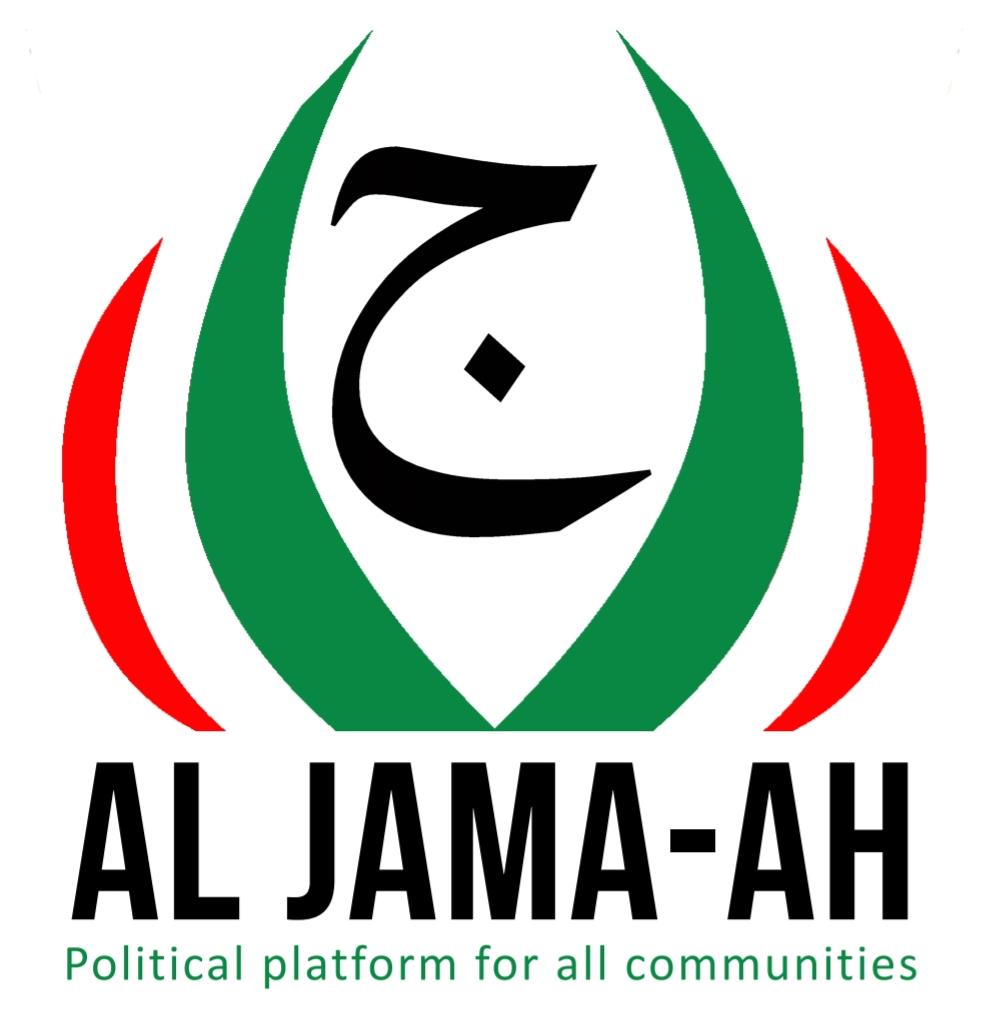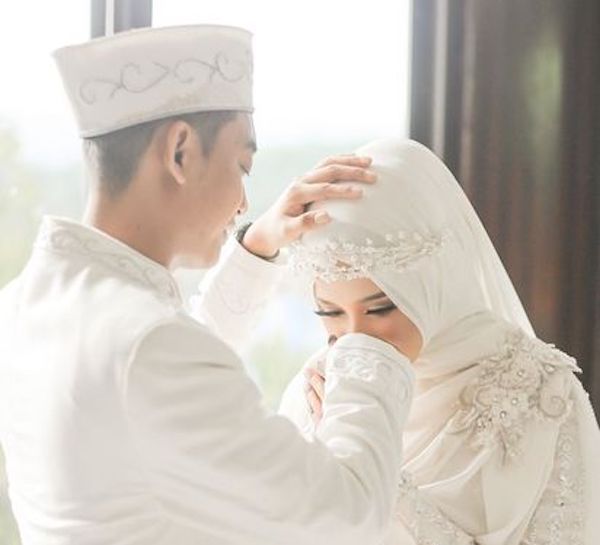Two Cape-based bodies, namely Women’s Legal Centre (WLC) and Al Jama-ah, employed their resources to have Muslim marriages recognized since the question has lingered for decades: should it be, or should it not be recognized? Both made critical intercessions during the past five years. The WLC fought fiercely to effect constructive changes for these women and Al Jama-ah worked tirelessly since it gained a parliamentary seat during 2019; the latter used Parliament’s Private Members’ Bill (PMB) structure to accelerate this process as compared to WLC that pursued the legal avenues by taking government and others to the Constitutional Court.
Even though the WLC preceded Al Jama-ah with its labours, the two ran more-or-less parallel to one another; and one may further argue that their respective efforts – despite employing dissimilar strategies – complemented one another in the circumstances. Before 2019, the WLC had a head start by taking the South African President and a few others to court with the purpose of securing the Muslim women’s rights. And it did so to protect their rights within the socio-legal environment where they suffered (for generations) discrimination.
Al Jama-ah used its available resources prudently to not only quicken the process but to make sure that these women’s dignity was restored. It thus proposed an interim minimalist Muslim Marriage Bill (MMB) aka Nikah Bill with the idea of speeding up the procedure. The proposed MMB, which was developed, is currently in circulation for comments and it thus awaits parliamentary approval for formal recognition.
The separate socio-legal and political struggles of WLC and Al Jama-ah have brought glimmer of hope to the Muslim community; the WLC fortunately gained support because of the Constitutional Court’s findings. Both groups’ energies forced the government’s hand to act fairly. In the case of AJP, it used the resources to not only legally rectify the Muslim women’s rights but to basically restore their (lost) dignity.
For decades – if not centuries, their rights have been disregarded and trampled upon. It is very sad to observe that even this current democratic legal system, despite some positive changes, has continued to snub and marginalize this segment of the society; because of that, they have not been and are not viewed as equals, like other women, in South Africa. It is for this reason that WLC and AJP made positive and timely interventions.
Bearing these in mind and winding up this short article, one encourages the government to, in principle, publicly declare that Muslim marriages are forthwith recognized (using the Al Jama-ah Bill as its document); it should be pro-active and not wait a minute longer to make that position known. As soon as this declaration is announced and publicized, it should identify a coterie of qualified legal and non-legal personnel that can assist in refining the proposed MMB by fashioning it in such a way that it complements the other Bills and legislation.


